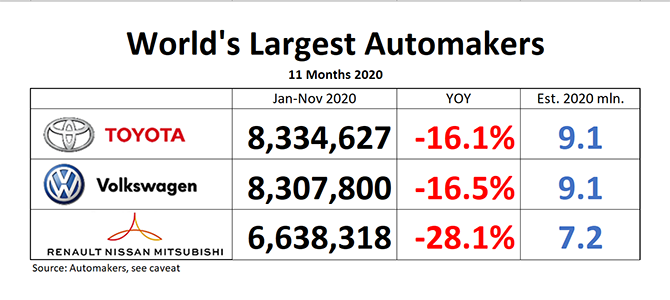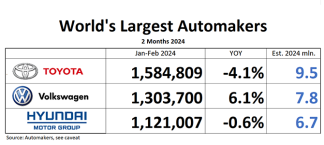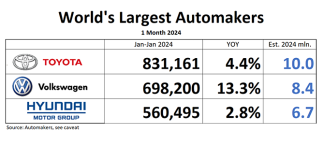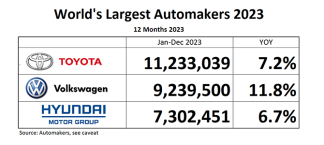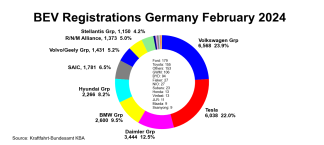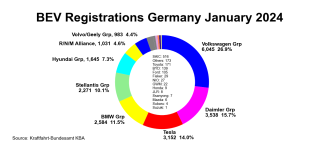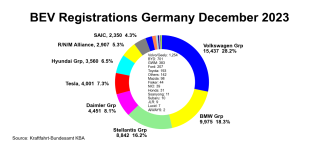With only one more month to go in the race for World’s Largest Automaker 2020, Toyota cranked up its production, and passed Volkswagen – by a 27K hair. COVID-affected #1 and #2 are down by around 16% year-on-year, matching the global total industry volume, which likewise was down 16% January through November.
3rd-placed Renault-Nissan-Mitsubishi Alliance is a completely different, and sad story. The French-Japanese group is down a whopping 28%. Mitsubishi Motors, down nearly 39%, is the most serious case of the three walking wounded. Nissan is down nearly 30%, Renault 22%.
With Toyota and Volkswagen on a par, either of the two can be a winner when the final results will be announced in a month. Down more than during the 2009 carmageddon, the biggest loser is the global auto business.
And now the necessary caveats:
The race for World’s Largest Automaker is not decided by sales, but by production, and this analysis attempts to track production, not sales, because this is how the world automaker umbrella organization OICA ranks automakers.
Due to the different methodologies of their measurement, “sales” numbers have proven to be unreliable, and are prone to ‘sales reporting abuses,” as recent scandals in the U.S., along with rampant “self-registrations” in the EU have shown. OICA doesn’t rank automakers by sales for a reason, and if you ask for sales data, you’ll hear a terse “the OICA secretariat does not have any further data.”
At the same time, data reported by automakers are becoming increasingly hard to compare.
Toyota reports production and sales. Volkswagen reports “deliveries” to wholesale – which can be cars dumped on dealer lots, or actual sales to customers. Volkswagen also makes its numbers very hard to find. Our Alliance numbers used to be a blend of production data reported by Nissan and Mitsubishi, and deliveries reported by Renault. As of September 2018, Renault started to report sales only, forcing us to use those. Nissan makes matters worse by insisting on reporting its data on a fiscal year (April through Mach) basis only. Like so many things at the Alliance, its data are a mess.
